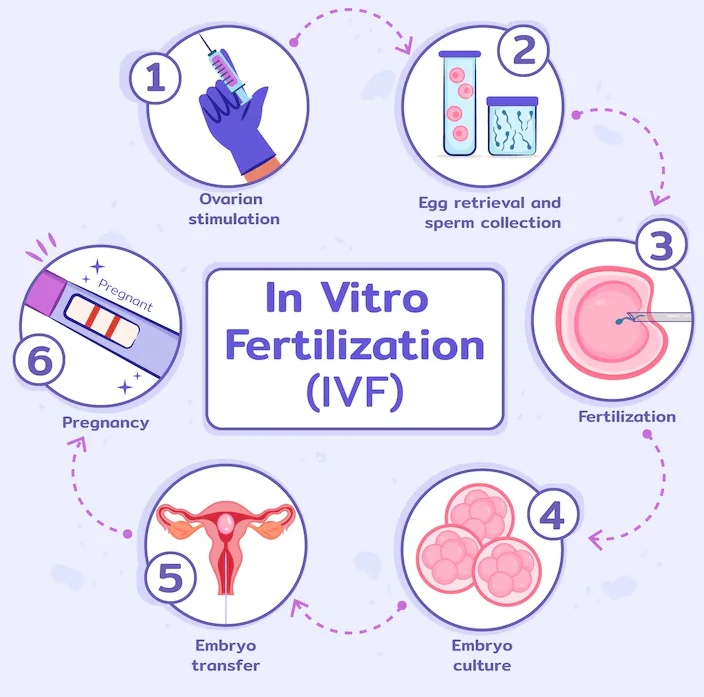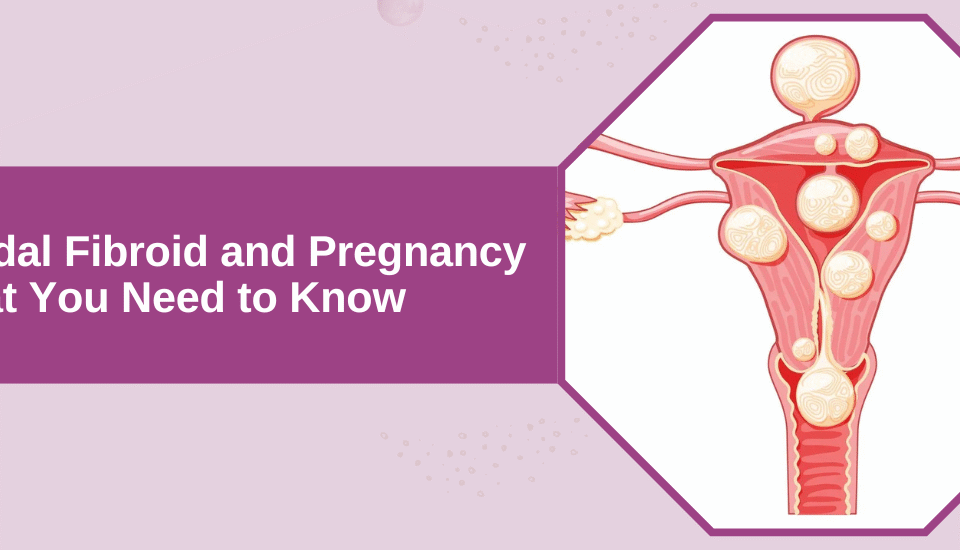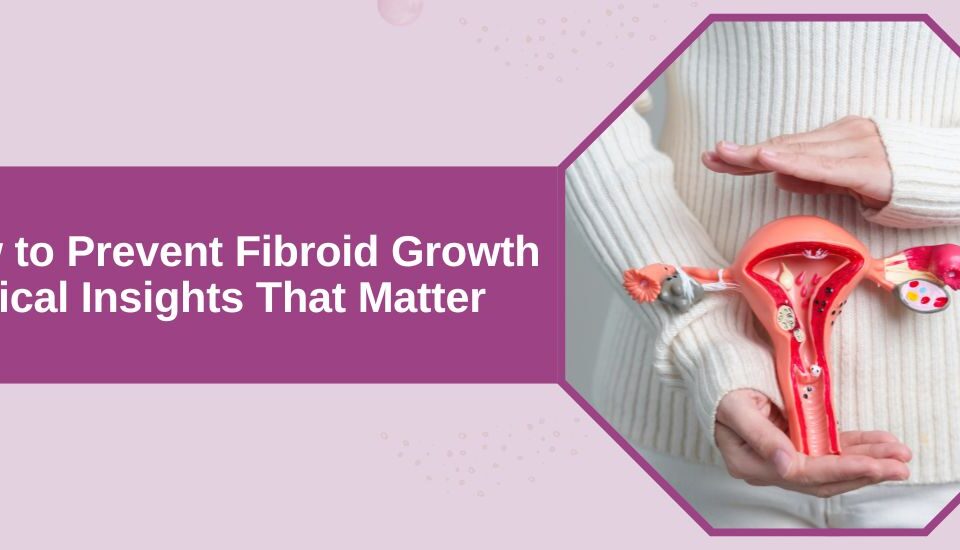- Have any questions?
- +91-98717 17305
- babiesandus12@gmail.com
Navigating Being Pregnant at 44

Period After 2 Years Menopause: Causes, Risks & Medical Actions
December 2, 2023Conceiving Hope: Turner Syndrome and Infertility
January 12, 2024In the pursuit of dreams and ambitions, many women today choose to postpone motherhood. Career goals, personal aspirations, or life’s twists and turns often guide this path.
But what if you decide to embrace the pregnancy journey at 44?

Welcoming a child later in life is a unique and deeply personal choice. We at Babies & Us Fertility IVF & ICSI Center, which is often called the best IVF Center in Mumbai understand this and are here to support you in this exciting venture.
Our team of dedicated gynecologists in Mumbai can provide the guidance and care you need for a healthy and fulfilling experience. It’s never too late to embrace the joys of motherhood.
Are you weighing your chances of getting pregnant at 44? We’re here to help you make the most of this incredible adventure.

44 And Pregnant – Is It Possible?
Many women wonder about the possibility of pregnancy at the age of 44. The idea of becoming a mother later in life is becoming increasingly common.
Advances in healthcare, changing social norms, and personal choices have empowered women. Now, they can make decisions about their reproductive journey that align with their life’s timeline.
Chances Of Getting Pregnant At 44 Naturally
Pregnancy at 44 is possible, but it often comes with unique considerations. A woman’s reproductive system typically changes as she ages. These changes can impact her chances of getting pregnant naturally. Fertility naturally declines with age.
Women in their 40s may experience irregular menstrual cycles. The quantity and quality of eggs available for conception is significantly decreased.
However, each woman’s journey is distinct. Some women may still find themselves able to conceive naturally. The chances of getting pregnant at 44 naturally vary from person to person. Factors like overall health, genetics, lifestyle, and medical history are crucial in determining these odds.
Are you considering pregnancy at 44? Please consult our dedicated team for valuable insights into your unique situation.
The doctors at our state-of-the-art facility are known to provide effective female infertility treatment in Mumbai.
Now, let’s understand the common challenges that may impact the odds of getting pregnant at 44 naturally or through ART.
Fertility Challenges Of Getting Pregnant At 44 – What To Expect
Getting pregnant at 44 may present some fertility challenges due to the natural aging process. Here are some key factors to consider:

- Decreased Egg Quality: As a woman ages, the quality of her eggs can decline. This decline in egg quality can affect her chances of conceiving naturally at 44 with her eggs.
- Diminished Ovarian Reserve: Women in their 40s may have fewer eggs available in their ovaries, reducing the likelihood of pregnancy.
- Irregular Menstrual Cycles: Irregular periods can make it more challenging to predict ovulation and conceive.
- Reproductive Health Conditions: Preexisting reproductive conditions or issues may become more prominent with age, affecting fertility.
- Delayed Conception: It might take longer to conceive than at younger ages due to decreased fertility potential.
- Chromosomal Abnormalities: Older mothers have an increased risk of chromosomal abnormalities, which can lead to pregnancy complications.
- Miscarriage Risk: There’s a higher risk of miscarriage associated with pregnancies at an older age.
- Limited Response to Fertility Treatments: The success of fertility treatments may vary, and older women may have a limited response to interventions like IVF.
Are you facing challenges on your journey to motherhood?
Visit Babies & Us IVF center, where our highly qualified doctors provide various options to help women achieve pregnancy.
Babies & Us is among the top fertility clinics for people seeking reliable gynecological treatment in Mumbai.
Take the first step towards your dream of motherhood and now lets know
Treatment Options for Getting Pregnant At 44 Age
Here are some treatment options for women aiming to get pregnant at the age of 44:
Fertility Medications:
Fertility medications like Letrozole or Clomiphene can encourage ovulation and increase the chances of conceiving.

IVF (In Vitro Fertilization):
IVF is a very successful procedure. It involves collecting eggs and sperm, combining them in a lab, and then placing the fertilized egg into the uterus. Our fertility specialists often recommend IVF for women over 40.

IUI (Intrauterine Insemination):
IUI involves placing washed and prepared sperm directly in the uterus, bypassing potential cervical issues and improving the likelihood of fertilization.
Donor Sperm:
In cases where male factor infertility is involved or for single women, using donor sperm for insemination.

Advanced Assisted Reproductive Technologies (ART):
If you do not wish to use donor sperm, advanced technologies like ICSI (Intracytoplasmic Sperm Injection) are a viable option to enhance the chances of pregnancy.
Egg Donation:
Using donor eggs from a younger woman can enhance the chances of pregnancy and is a suitable option for some women in their 40s.
PGT (Preimplantation Genetic Testing):
PGT can be employed during IVF to scrutinize embryos in rder to genetic abnormalities, increasing the chances of a healthy pregnancy.
Ovarian Reserve Testing:
By assessing your ovarian reserve through blood tests, you and your healthcare provider can make more informed treatment decisions.
Please consult a reproductive specialist to determine the most appropriate treatment based on your circumstances and health. The treatment choice will depend on various factors, including your overall health, medical history, and specific fertility challenges at the age of 44.
How can you maintain your overall health? Don’t worry! Here are some valuable tips.
Pregnancy at 44: Health and Wellness

- Maintain a Balanced Diet: Consume a nutritious diet rich in essential vitamins and minerals to support your pregnancy.
- Regular Exercise: Engage in suitable physical activities to promote physical fitness and overall health during pregnancy.
- Stress Management: Employ stress-reduction techniques to ensure a calm and positive mindset.
- Medical Advice: Follow the guidance of healthcare professionals and adhere to their recommendations.
- Prenatal Check-ups: Attend regular prenatal check-ups to monitor your health and address any potential concerns.
- Self-Monitoring: Keep a close eye on your health and well-being throughout pregnancy.
- Positive Mindset: Maintain a positive outlook and emotional balance during this significant phase of your life.
- Adequate Rest: Ensure you get sufficient rest and sleep to support your overall health.
- Expert Care: Consult gynecologists in Mumbai with experience in pregnancies at this age for personalized support.
- Well-Being Priority: Prioritize your health and wellness to enhance your chances of a healthy and joyful pregnancy at 44.
If you need more information or guidance on your journey to parenthood, do not hesitate to reach out to us.
Conclusion

Motherhood is a cherished dream, a journey filled with love, hopes, and beautiful moments. When the path to this dream takes you to the age of 44, it requires more effort and care. But remember, with the support of modern medicine and the guidance of experienced professionals, the possibilities are abundant.
Getting pregnant at 44 might not be the conventional route, but the journey is still full of possibilities and promises. Embrace the options, seek the advice of dedicated healthcare providers, and embark on this beautiful adventure. Your dreams of motherhood can come true, and the love you’ll share with your little one will be worth every step of the way. You can read some success stories of women who had babies in their 40s.
So what are you waiting for? Let us help you begin an extraordinary chapter in your life. Connect with us now
FAQ
Q1. Is it too late to consider pregnancy at 44?
A1. While it’s not too late for pregnancy, fertility declines with age. Consulting a fertility specialist can help navigate this journey.
Q2. What are the pros of becoming a mother at 44?
A2. Older mothers often have more significant life experiences and emotional stability, which can positively impact parenting.
Q3 Are there health benefits to a later pregnancy?
A3. Some studies suggest that a later pregnancy may be associated with a reduced risk of uterine cancer. However, it’s essential to consider all health aspects.
Q4. Can stress affect the chances of pregnancy at 44?
A4. Yes, stress can disrupt hormonal balance and affect fertility. Managing stress through relaxation techniques and support can be beneficial.
Q5. How does age affect the chances of having twins or multiples?
A5. The likelihood of multiple pregnancies increases with age due to hormonal changes, making it more common in older women. Discussing the potential risks and benefits with a healthcare provider is advisable.



